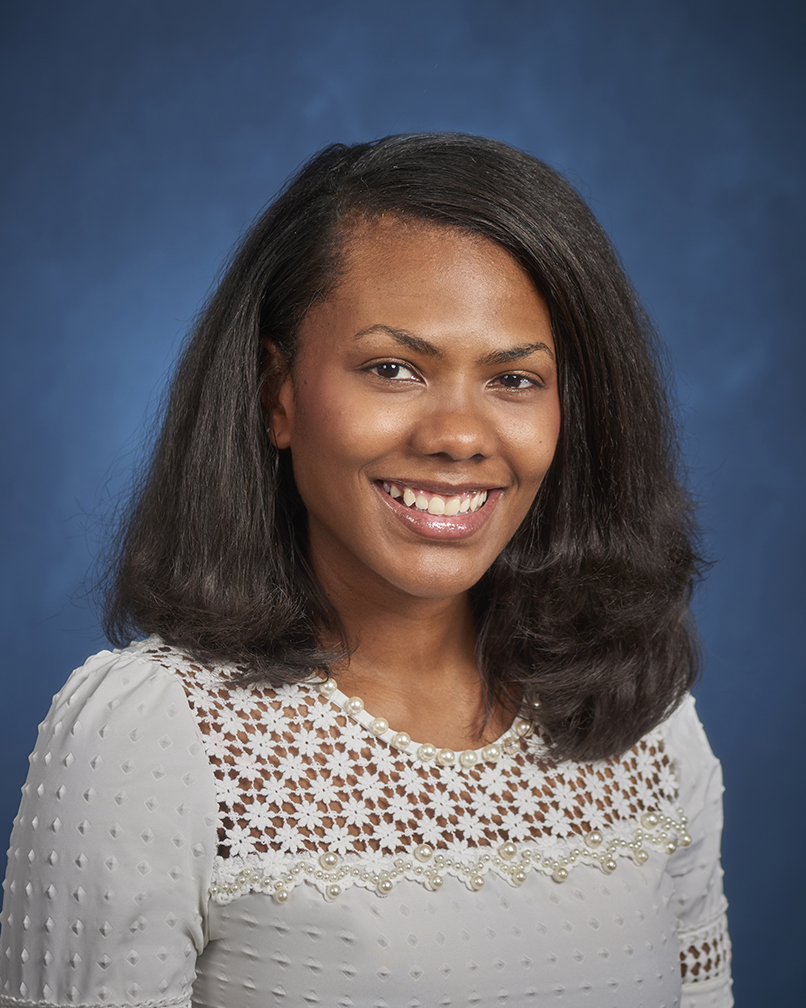Ashley Nichol Patterson

Professional Bio
Ashley N. Patterson is an Assistant Professor in the College of Education’s Department of Curriculum and Instruction at Penn State University where her instructional focus is on literacies, social justice and critical approaches to qualitative inquiry. She co-lead the creation of and co-directs the Social Justice in Education Minor. Her research observes, measures and documents patterns of (in)equity in a variety of educational settings for the purpose of informing the envisioning of new, inclusive, justice-oriented learning environments where students and teachers thrive in the shared space. Patterson highly values collaborative generation of knowledges as witnessed by her many partnerships with community members, non-profit and corporate entities, school systems, and colleagues both inside and beyond the academic realm. She holds dearly as a responsibility and an honor the opportunity to infuse the ways she has come to know the world as a Black woman into all aspects of her work.
Research Interests
Race, Identity, Educational Equity, Critical Qualitative ResearchRelated Materials
This article describes a critical service-learning project that resulted from an educational partnership among a national teachers' union, a local teachers' union, and a major research university. The partnership—funded by a grant from the Corporation for National and Community Service, Learn and Serve program—focused on professional development opportunities for K–12 educators across subject areas throughout an urban school district. Teachers enrolled in a university-level graduate course where they learned about critical service-learning, engaged in community-based activities, developed partnerships with local organizations, and facilitated critical service-learning projects in local schools and communities. Here, we highlight one of the many projects that emerged from this partnership as we attempt to connect theory with practice by reframing service-learning as learning and participation. We ask: How can a reframing of service-learning as learning and participation impact how we understand the educative and social engagements of four urban youth?
This article offers a Critical Discourse Analysis of an episode of the reality TV show Tia & Tamera. A symbolic interactionist frame provides a lens for focusing on how social interactions impact the ways in which meanings of race are constructed around the topic of biraciality, while critical race theory facilitates an understanding of this construction on a macro-level. Conversations between the biracial title characters and their family and friends comprise the data corpus considered for analysis. Three notable themes emerge from the discourses observed: (1) race talk is avoided; (2) racial understanding varies in public and private contexts; and (3) realities of racial self-concepts based upon past experiences shape expectations of future racial self-concepts. Each theme provides insight into how and why the title character engages in discourse work that serves to establish the racial identity of her yet unborn son within the context of a societal structure that leaves her without a range of choices for how to do so.
The authors of this volume collectively demonstrate the importance of critical service-learning in this historic moment as we participate in, and witness ongoing struggles for justice around the world. The contributors of this volume offer guidance to educators and scholars alike who are interested in designing, participating in, and studying the potential of alliances formed through critical service-learning. The volume emphasizes theoretical and historical foundations of critical service-learning, pressing questions facing the field, exploration of outcomes of, and ongoing challenges for the pedagogy, and design features and larger scale models of critical service-learning that can be implemented across the educational landscape of elementary, secondary, and higher education.